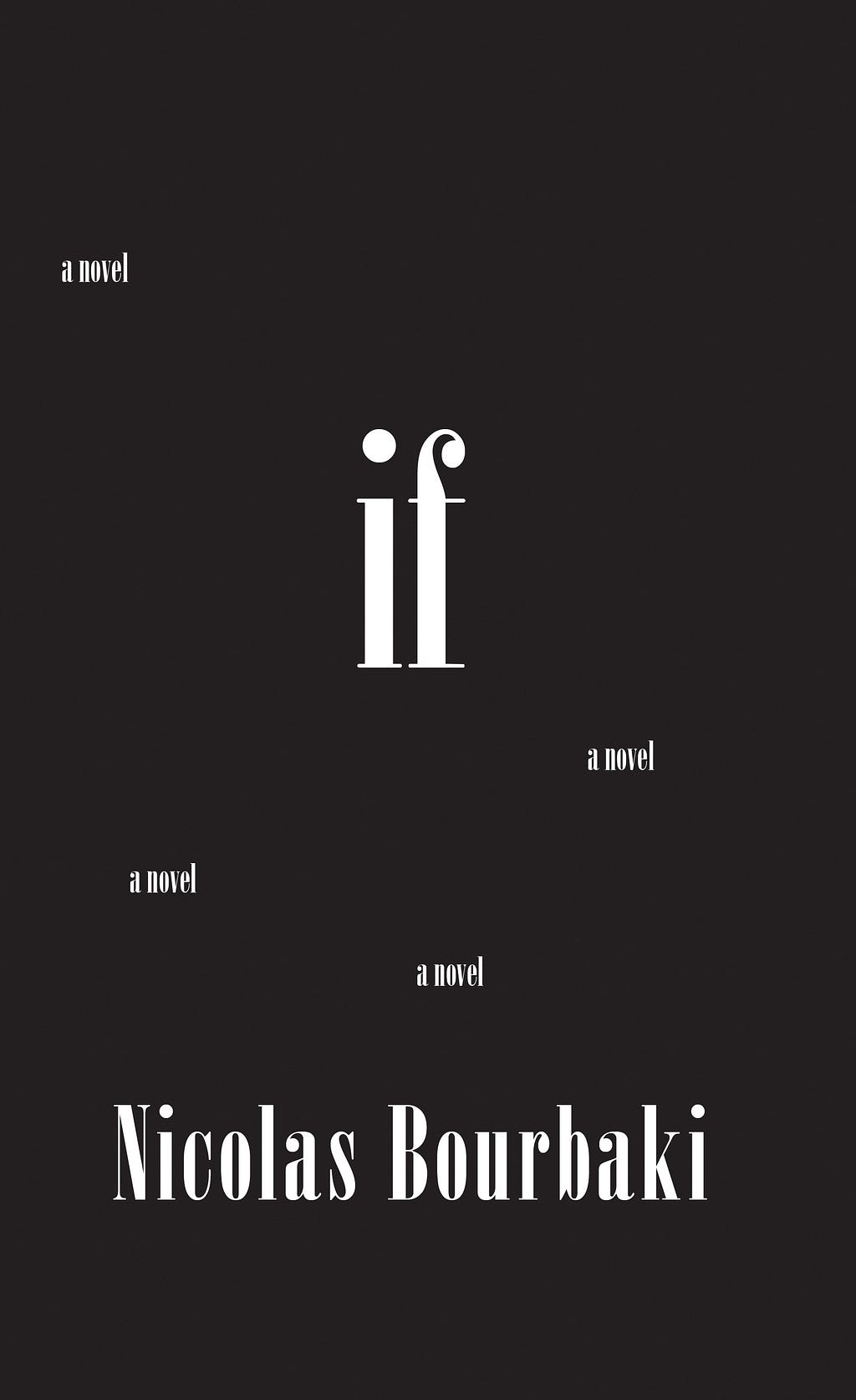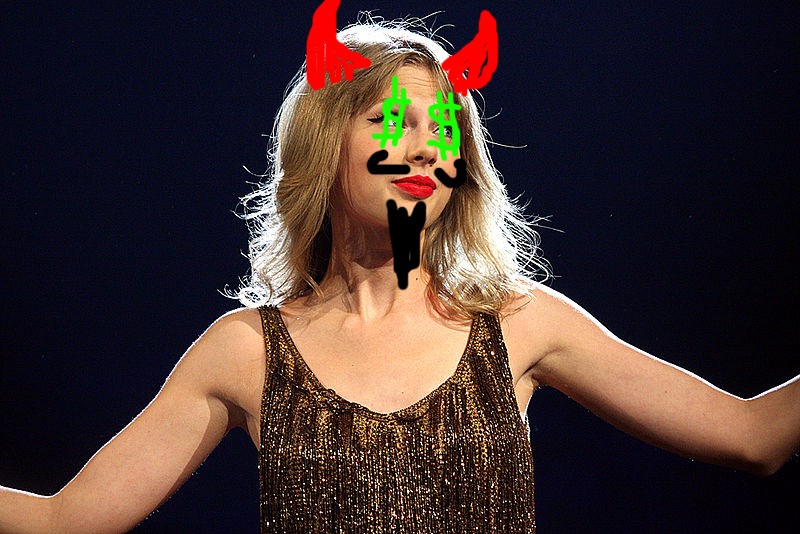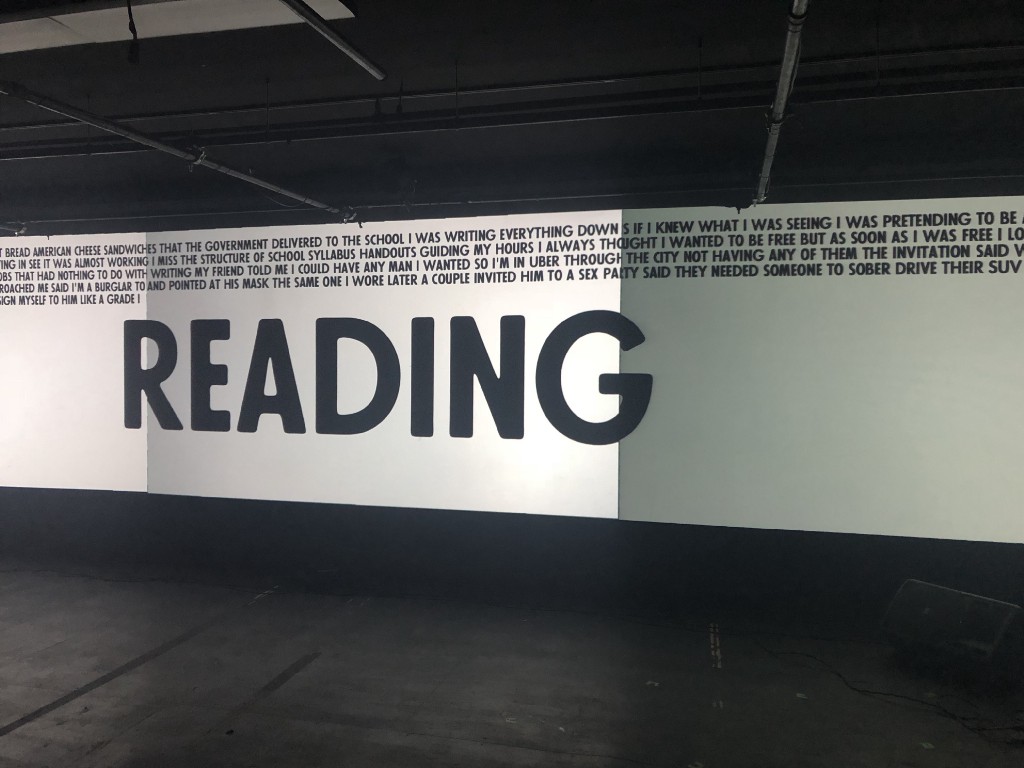interviews
INTERVIEW: Nicholas Bourbaki, author of If

by Joseph Jaynes Rositano

Choose Your Own Adventure books have grown up. If there was any question, Nicholas Bourbaki’s novel If (Livingston Press, 2014) proves that the narrative medium driven by the reader’s choices — whether you call it choicefic, interactive fiction, or branching path narrative — is a viable form of literary fiction.
If gives the reader a hand in the fate of an unnamed protagonist, a teenage boy (and later, young man) from an obscure California town, reaching adulthood around the turn of the millennium. If uses the second person that is familiar to readers of the Choose Your Own Adventure series (in which “you” are the main character). Cleverly, Bourbaki introduces a first person narrator with a small but important role — a childhood bully who occasionally reappears in the protagonist’s life. This bully’s intimate cruelty as a character makes a striking contrast with his emotional detachment as a narrator. Bourbaki deftly morphs his narrative voice to reflect the various identities the protagonist takes on, sometimes with a strain of mockery that might be attributed to the bully-narrator.
Most of If’s plotlines are bluntly realistic, though a few are fantastical — including one that gives a nod to the mystical labyrinth described in Borges’ “The Garden of Forking Paths.” Despite its tongue-in-cheek cover blurb, If evinces little of the kitsch and whimsy that have dominated choicefic: the endings are nearly all dark — and only occasionally funny. One ending is so disturbing I almost regretted reading it.
The pseudonymous Bourbaki, who keeps his real identity secret, answered my questions by email.
JJR: Your book is about the decisions a person makes early in life — about ages 13 through 23, it seems. Did you start off wanting to write about this time of life and decide choicefic/interactive fiction was the best way to do it? Or did you want to write choicefic and decide that this time of life was a good fit for the medium?
NB: A little of both, and I can’t remember which came first. I’ve heard that the period between when someone leaves her parents’ home and when she settles down to start her own family, or settles into a career, is a unique period in life. Beliefs and values are in flux in a way they usually aren’t before or after. A person might move away from the religion or politics she inherited from her parents. Then the window closes, we stop seeking out the unfamiliar as much — you know, most people quit listening to new music and things like that — and whatever tribal identity we had when the window closed, we apparently tend to keep for the rest of our lives. It’s like a game of musical chairs. You dance around for a while, no one knows where she’s going to end up, and then at some point the music stops and you stick with whatever seat happened to be nearby.
So I wrote the book partly because I wanted to explore this period in life when choice is especially central. But I also wanted to start a little earlier to show the background — the first choices we make where we can really be held responsible. And because all of this is a time when your choices really matter — the rest of your life ends up being path-dependent on your choices in the window of transition — I thought it would be interesting to present these themes in a novel where the reader gets to participate in making the choices.
JJR: Your book deals very directly with the question of free will — which choicefic seems particularly suited to do. One of the questions you have to answer in writing choicefic is “when does the reader get a choice?” Did you have to settle on a particular philosophy of free will in order to write the book?
NB: I’d say I’m basically a skeptic when it comes to dogmatic issues in philosophy like the nature of free will. The title of my blog (“Against the Logicians”) comes from the work of a Pyrrhonian skeptic who had a lot of influence on Montaigne, another one of my heroes. Basically, I don’t believe that philosophical problems are set up in a way that allows them to be solved. I agree with the later Wittgenstein that once you see the problems clearly, it’s hard to take seriously the idea that there is a problem, much less a solution.
Actually, I tried to mock a puzzle-solving, analytic philosophical approach to the nature of free will here and there in the novel. And the way that you end up with so many different philosophical attitudes, based on unrelated choices you make in the novel, offers another kind of commentary on philosophy.
JJR: I’d like to address the word choicefic. I don’t know how you feel about the term, and I realize it’s probably confusing to a lot of readers because, well, I made it up. But I think all of the other terms for this type of literature are problematic. Choose Your Own Adventure is a trademark, and it evokes something at least whimsical if not intended for kids. Interactive fiction (IF) originally referred to a genre of video games — and if you Google it, that’s what you find. The other terms — like branching path narrative — are sort of clunky. What are your thoughts on this?
NB: I think “choicefic” would be a great term, and I agree that there’s a need for some term that’s not covered by a trademark. I wish it had been possible for me to say on the back cover that If is a “literary Choose Your Own Adventure novel,” so that someone researching that term on the Internet would come across the book. But because of Chooseco’s trademark, that’s not possible.
It’s unfortunate for anyone trying to write a book like this. While I was working on If, I searched now and then to see if someone had tried to do a literary Choose Your Own Adventure before, and I never came up with anything. Then, just last month, someone emailed me about Life’s Lottery, a literary choicefic book from 1999 by Kim Newman. It never came up in my research because it wasn’t associated with the phrase “Choose Your Own Adventure” in Internet searches.
JJR: Your book is out in hard cover and paperback. There are things you can do in electronic choicefic that you simply can’t do in a physical book. Did you feel these limitations in writing your novel? Have you experimented with electronic choicefic?
NB: The publisher, Livingston Press, is working on a Kindle version, so I’m definitely not opposed to electronic choicefic in principle. But I also think that the printed form has advantages, for me at least. You get a better sense of the total number of possibilities in the book, and how what you’ve read relates to those possibilities. With electronic choicefic, I imagine there could be a vertiginous sense that the novel might extend indefinitely in all directions. Some people might find that thrilling, but I think I’d find it demoralizing.
Also, one thing that the Kindle does not do nearly as well as a physical book is allow the reader to flip back and forth rapidly between various sections and pages, something that I often want to do while trying to make sense of a book with a complex structure or complex themes.
JJR: You’re writing under a pseudonym — Nicholas Bourbaki — which is also the collective pseudonym of a group of important mathematicians. Why did you choose this name?
NB: I first read about Bourbaki in a biography of Kurt Gödel and thought that the whole idea of mathematicians using a collective pseudonym was hilarious. So I wanted to join in. I also liked the implication that the novel might be written by a collective, in light of all the different styles. Who knows what’s on the other side of a pseudonym?
I should add, though, that I learned later that the Bourbaki collective aimed for a kind of encyclopedic, perfectionist foundationalism that may conflict with a lot of my own thoughts about the abuse of mathematical thinking in philosophy and economics. So I added the “h” to “Nicholas,” and now the name has an echo of Jolly St. Nicholas. The slip from Nicolas to Nicholas probably captures my attitude about the original Bourbaki project well enough.
JJR: I found it interesting that you mentioned your skepticism about philosophical dogma and your opposition to foundationalism. There’s a funny moment in your book where one of the characters identifies as a “Burkean” but then makes it clear through her comments that she doesn’t have a clue who Burke is — a delicious irony given Burke’s concern for historical context. I got the sense that the book itself is rather Burkean in that it portrays a world where life is a muddle, rationalism is often a trap, and the worst mistake is to arrogantly defy the wisdom embodied in tradition and convention. Not that the reader can avoid a dire ending by making conformist choices — the protagonist’s deviant behavior is often outside the reader’s control.
NB: Exactly. It was unexpected that the book ended up reflecting what is in some ways a conservative outlook. Most people would probably view the politics on my blog, for example, as pretty far left. The economics there certainly are. But in the novel, I found myself adopting a critical attitude toward the cultural legacies of the 1960s, the New Left, things like that. The social movements of the 1960s and 1970s obviously did a lot of good — civil rights, women’s rights, gay rights, the environmental movement — but at the same time, I think Michel Houellebecq is on to something when he criticizes the 68ers in France or the hippies here for leading toward a dead end in terms of how to live one’s own life.
In retrospect, a lot of If could probably be seen as an illustration of the idea that pursuing moment-by-moment self-gratification is an unlikely formula for a well-lived life. And I think, in practice, this is where the cultural revolution of the last several decades often ends up, despite everyone’s best intentions. It strips away constraints on individual freedom until you risk ending up with consumerism as the default meaning of a person’s life. It strips away community until you end up with the kinds of things Robert Putnam talks about in Bowling Alone. It strips away traditional sources of meaning, like Charles Taylor (the philosopher, not the Liberian dictator) has argued throughout his career. One of the last sections I wrote, which ended up being almost like a critical essay on the book, was the section that describes the protagonist as “the eternal civilian,” the small nightmare corresponding to today’s moment in the development of freedom. When I think back on the book today, that’s what stands out most in my mind.
JJR: Do you expect that choicefic will gain wide respect as a literary medium? If so, how would you respond to a critic who says “your book is good, but that’s a trick that will only work once”?
NB: I’ll be very curious to see where things go. It seems like the people who read Choose Your Own Adventure books as children are around the age where they’re producing their own work, so I wouldn’t be surprised if we see more in the near future. The fact that Neil Patrick Harris recently wrote his memoir as a Choose Your Own Autobiography suggests there might be more to come.
JJR: Are you willing to share any hints about your next project?
NB: There are a few projects I’m thinking about, including a book of poems about catastrophe in nature, but the project closest to If is what I think of as my “dystopian travel guide” project. It would pretend to be a travel guide written after several decades or maybe more of global catastrophe — flooding and drought, epidemic diseases, mass migrations to lawless coastal megaslums, endless resource conflicts and terrorism, probably the use of nuclear weapons. The continental United States would be a kind of wasteland. This would be a travel guide to the wasteland, all written in the jaunty, reassuring tone of the Lonely Planet series, with advice on where to get the best street food, etc.









